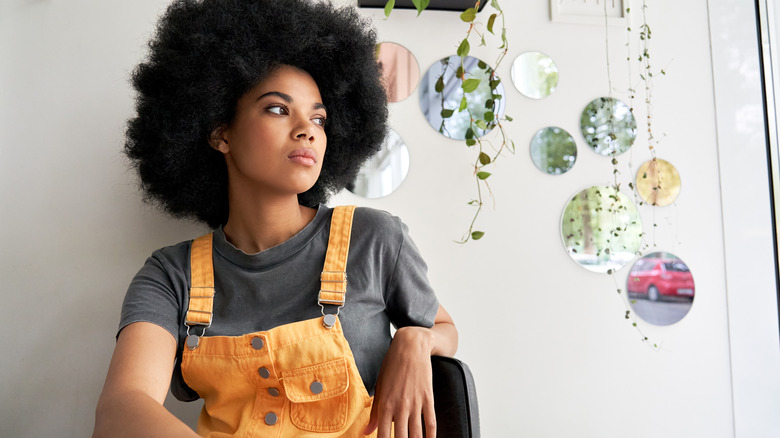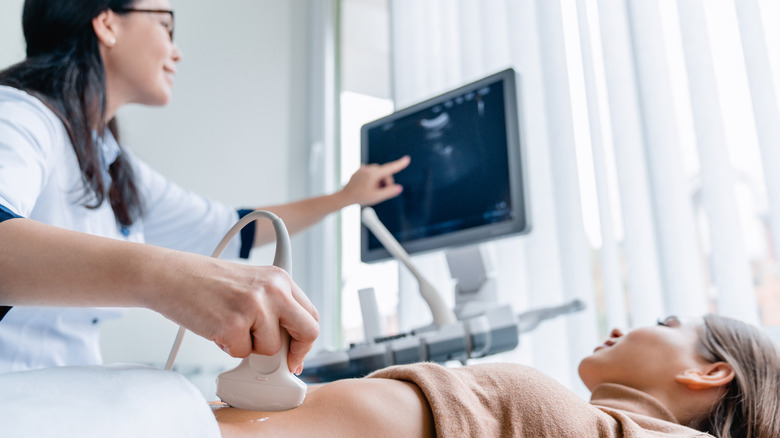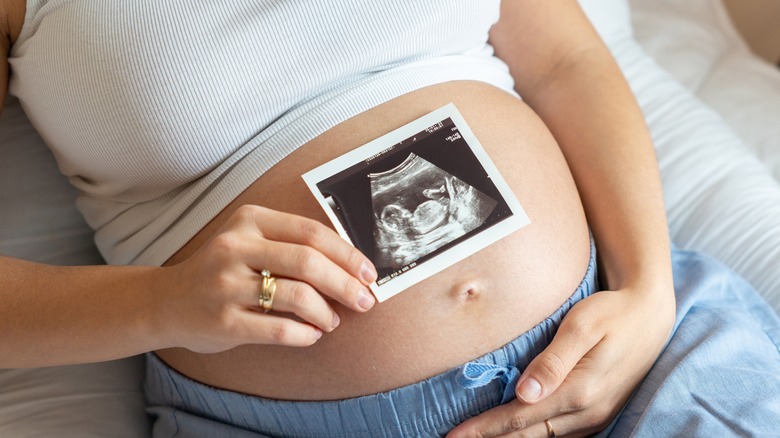When Is The Right Time To Start Thinking About Freezing Your Eggs?
The desire to have children and start a family lives deep within many women's hearts. For some women, it's something they've always envisioned for their life, and they can't imagine a world without pregnancy and motherhood. Others may be open to the possibility of kids in the future if life circumstances align. Regardless of which category you fall into, having options when it comes to your own reproductive timeline is something that gives many potential parents peace of mind.
Making the decision to freeze your eggs is not something to take lightly because it can be a laborious procedure. Beyond the monetary expense, which can be upwards of $8,000, according to the New York Times, there are also physical and emotional stressors. The process requires a week and a half of injections to encourage the release of eggs, then there is the retrieval procedure.
Freezing your eggs will allow you to take charge of your fertility, but it also isn't a foolproof plan. There is no guarantee that a frozen egg will successfully be fertilized, implanted, and lead to a healthy pregnancy. Regardless of these variables, there may come a time when freezing your eggs feels like a good option for you, and it's important to know when that decision should be made.
At what age should you take charge of your fertility?
Most women are well aware of their biological clocks; it can be a sensitive topic for some. As you get older, it's common to question if your biological clock is running out of time. If children have been in your life plan but you haven't met the right person yet or the timing isn't right with a career, it can start to feel stressful once you hit 30 years old. While most women are extremely fertile in their twenties, their fertility starts dropping in their 30s. Therefore, that milestone is often when the idea of freezing eggs becomes more of a realistic thought.
According to OB-GYN Dr. Kathleen Mundy, the evidence points to 35 years old being a transitional age when it comes to fertility. Female fertility starts declining much faster once women reach their mid-30s because there are fewer good-quality eggs available to be fertilized.
Since younger women have more eggs that are naturally at a lower risk of chromosomal abnormalities, freezing them as early as possible is recommended. Dr. Mundy also explained that, based on the research, successful pregnancies through IVF are statistically more likely to occur with eggs frozen before age 35.
There's only so much family planning you can do
Of course, many people can create a five-year plan, but that doesn't mean everything will align perfectly. For example, Heather Rae El Moussa can't stop gushing over her husband Tarek. However, the reality star revealed that she had low fertility before the two met and she chose to freeze her eggs in her early 30s. Surprisingly, after Heather and Tarek married in 2021, the couple conceived naturally and she gave birth at 35 years old.
While a surprise pregnancy may be a celebrated deviation from your life plans, it's one of the many factors that can prevent things from falling into place the way you pictured. Since freezing eggs is an expensive process, it's often not something younger women consider since their chances of getting pregnant naturally (and for free) are quite high. Therefore, women need to decide how old they can get before needing to invest in freezing their eggs while also ensuring the eggs still have a good chance of viability.
A study from 2015 that analyzed the ideal age for a woman to choose egg retrieval found that freezing eggs at 37 years old was the best option, both financially and practically. At the end of the day, the risks and rewards are all variables that come back to personal preference. Understanding your own fertility is imperative and choosing the right time for you is what's important.


